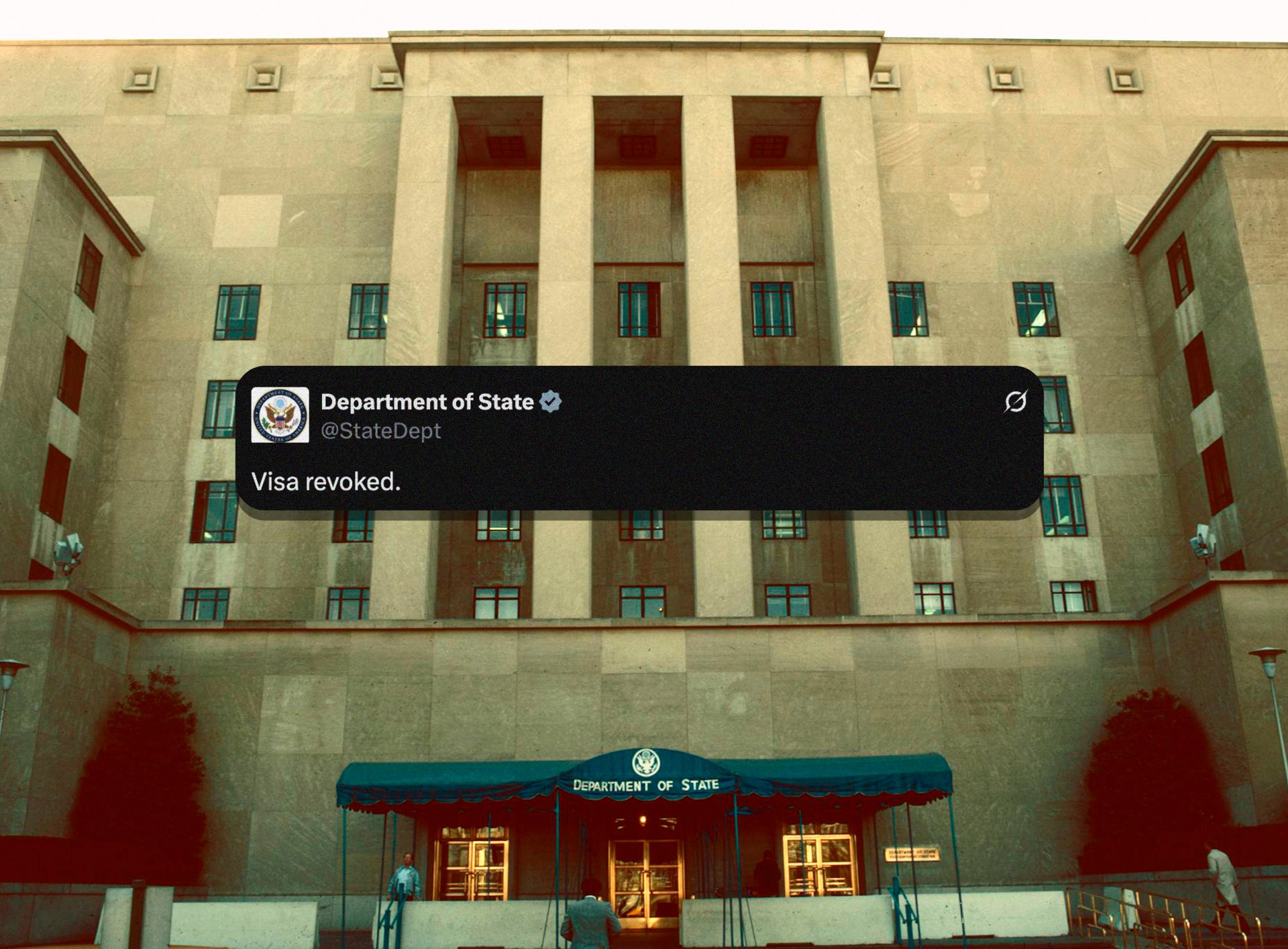Democrats hungering for a fresh face and a new generation of leadership thought they found a real pearl in Graham Platner, an upstart candidate for Senate in Maine, who among his many other past and present occupations is apparently a bona fide oysterman. How excited are Democrats about the 41-year-old military veteran and neophyte populist? A fresh poll of Democratic primary voters in Maine shows they prefer Platner, 41, over 77-year-old Gov. Janet Mills, whom they are otherwise quite satisfied with, by a margin of 58 percent to 24 percent.
Alas, Platner apparently missed the class in candidate school where they teach you to conduct opposition research on yourself so that you can figure out what your opponents are going to use against you and head them off at the pass. So after a stellar beginning to his campaign in which Platner showed real promise, and real skill, the embattled Democrat is now fending off legitimate attacks on his background, positions, and rhetoric not mention—well, how to put this—the Nazi tattoo on his chest that’s been there for years that he only recently covered up, or something.
The question for Democrats who have rightly made Trump’s behavioral peccadillos an issue, who have sounded the alarm when the president has hired into his administration people like Paul Ingrassia—who has a history of using rhetoric that is antisemitic, racist and homophobic—is whether they can practice what they preach when it comes to one of their own. Related, check out Nick Catoggio’s recent Boiling Frogs offering: Blue Oyster Cult.
Top Stories From the Dispatch Politics Team
A lawsuit winding its way through federal courts could upend decades of campaign finance law and candidate fundraising strategy. Tax-exempt issue-advocacy organizations, shielded from publicizing their donors, could be empowered to substantially increase participation in traditional electioneering. The plaintiff in Freedom Path Inc. v. Internal Revenue Service is arguing that federal limitations on political activity placed on 501(c)4 organizations are unconstitutional. Under current law, such groups must devote a healthy majority of their efforts to issue-advocacy but are permitted to engage in some electioneering, such as airing campaign-style advertising and canvassing voters. Like super PACs, these groups can accept unlimited contributions and are typically funded by wealthy donors. Unlike super PACs, their donors can be kept secret from the public.
When State Department officials revoked the visas of at least six foreign nationals last week, they did so with the social-media bluster typical of Donald Trump’s second administration. “The United States has no obligation to host foreigners who wish death on Americans,” read a post on X from the department’s official account. “The State Department continues to identify visa holders who celebrated the heinous assassination of Charlie Kirk.” A thread featuring the statements of each of the six offenders followed, with either a screenshot of a social media post or an unsourced quotation from an unnamed foreign national. The messages were of varying levels of repugnance, stating that Kirk, the well-connected conservative activist who was murdered last month, deserved to die or had it coming. Each post in the thread ended with the same comment: “Visa revoked.”
If the last 500 years of unprecedented economic growth across the world have taught us anything, it’s that markets, when they work well, are incredibly effective at generating wealth, addressing human needs, and distributing resources efficiently across the economy. But what happens when markets don’t work well? What happens when the individual incentives provided by free markets lead to bad outcomes for society as a whole? This brings us to the tragedy of the commons—an economic concept that shows how misalignments between individual incentives and the common good can result in market failures.
Some segments of the Democratic party, personified by Sen. Bernie Sanders and New York City mayoral candidate Zohran Mamdami, are flirting with socialism or social democracy. Others are trying to carve out a more centrist, Bill Clinton-style, lane. Some hate Israel. Others defend it. Some want to open the government. Others want to keep the shutdown going. Some support the so-called “abundance agenda,” which seeks to curb government red tape and activist-driven NIMBYism, while others oppose it as a rollback of hard-won environmental and labor protections. But the one thing they all can agree on: They don’t like Trump.
Pro-life advocates reacted with shock at the beginning of the month when the Food and Drug Administration approved a generic version of the abortion pill. They responded by urging President Donald Trump’s administration to reverse the greenlighting of what is now the third mifepristone product on the market in the United States. In response to the backlash, the FDA contended that its hands were tied in approving Evita Solutions’ application for a generic mifepristone, which is usually taken with another drug as part of a medication abortion. “The FDA has very limited discretion in deciding whether to approve a generic drug,” HHS communications director Andrew Nixon told The Dispatch. “By law, the secretary of health and human services must approve an application if it demonstrates that the generic drug is identical to the brand-name drug.”
When I tell the Uber driver who picks me up at Midway I’m in Chicago to cover ICE’s efforts to deport illegal immigrants, the 71-year-old driver, who emigrated from Greece as a teenager, replies: “They cause a lot of problems. I hope that they get them.” “They tried to carjack my car,” he says. How’d he know the criminals were illegal immigrants? “It was gangs. I don’t know if it was illegals,” he replies, before telling me which neighborhoods he avoids so he can live to see his grandkids. But six weeks into Operation Midway Blitz, it’s not clear how many violent criminals ICE has nabbed. DHS Assistant Secretary for Public Affairs Tricia McLaughlin told The Dispatch the operation had resulted in about 1,500 detentions as of this week, but she did not reply when asked how many of those 1,500 had criminal records unrelated to entering or staying in the country illegally.
Enjoying our Dispatch Politics Roundup? Consider forwarding this article to someone you know who likes independent, fact-based journalism.






















